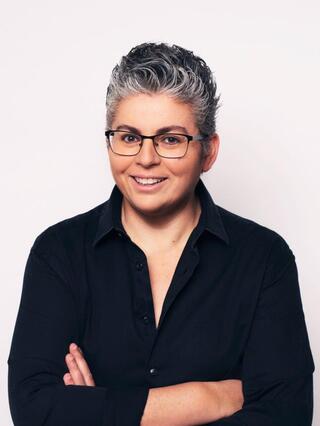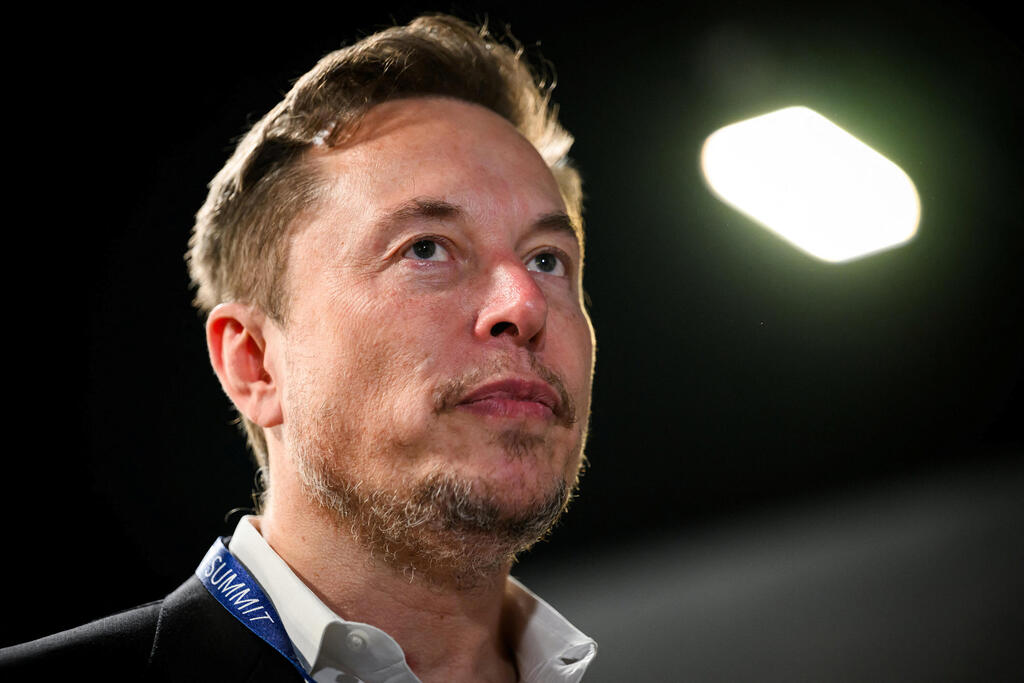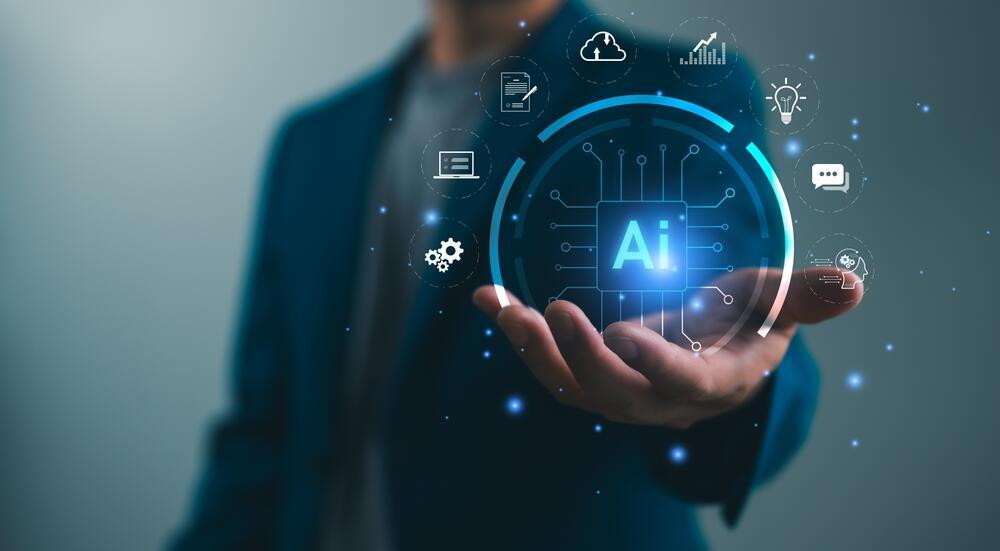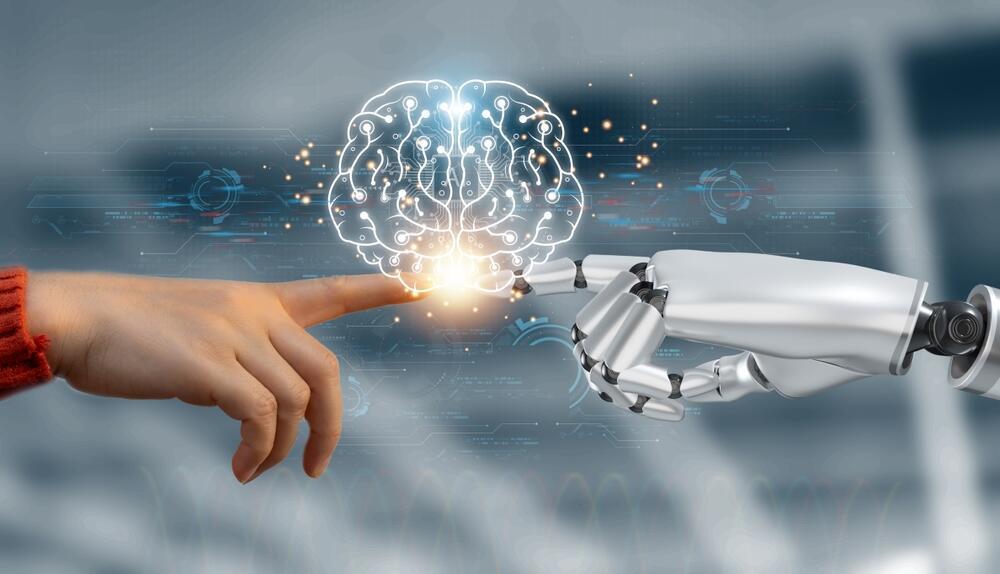Two hundred years ago, Karl Marx looked at the industrial revolution and tried to decode the deeper logic behind the smoke, engines and factories. He didn’t just see machinery, he saw power relations. “The history of all hitherto existing society,” he wrote, “is the history of class struggles.” And at the heart of that struggle: control over the means of production.
Once it was land. Then, machines. Today, it’s code. In the 21st century, the means of production are no longer steam engines or assembly lines, but mathematical models written in open-source code and powered by silicon processors. They reside in the cloud, run on green energy and are fed by data we generate, freely. We are not just laboring for the algorithm; we are also its raw material.
Enter Elon Musk. Musk is no ordinary tycoon. He doesn’t merely manufacture cars or launch rockets; he aims to rebuild the human condition. He openly speaks of brain-machine fusion (Neuralink), interplanetary colonization and programming languages as universal modes of communication. In a sense, Musk is returning to Marx’s question, but offering a new kind of answer. Control over the means of production is no longer just economic; it is cognitive, neurological, metaphysical.
But if Marx feared factory owners, who should we fear today? Perhaps corporations control not only the means of production but also the means of understanding.
History teaches us that infrastructure creates hierarchies. In ancient Rome, roads were instruments of imperial control. In feudal Europe, it was land. In the 20th century, it was electricity, gas, transport and water. Today, the deepest infrastructure is often the most invisible.
Algorithms that decide for us. Interfaces that mediate reality. AI that learns us faster than we learn ourselves.
Take ChatGPT, for example, a system perceived as “neutral,” “intelligent,” and “informational.” In practice, it rests on vast data sets, embedded value hierarchies, cultural filters and corporate decisions that determine who gets access to knowledge, and what qualifies as knowledge at all. The algorithm is replacing the philosopher, the teacher, and the experienced elder. And in all this, we are becoming workers who don’t know who their boss is.
If Marx were alive today, he wouldn’t go to a factory; he’d go to a GPT server or AWS. He wouldn’t talk about “exploitation” in the old sense, but about the loss of control over the most essential human tool: the ability to understand, choose, process and assign meaning to the world.
And this raises the real question: Is the era of artificial intelligence a dream of liberation, or a return to feudalism?
In the feudal age, the lord of the land didn’t just control the fields. He controlled language, law, religion and education. He dictated what could be thought. Today, the owners of code control language, information flows and attention spans. Elon Musk, Mark Zuckerberg, Sam Altman—these aren’t just “entrepreneurs.” They represent a new form of governance. They don’t enforce laws. They write the boundaries of the human imagination.
Meanwhile, the general public exists at the bottom of the information pyramid: consuming, liking, voting, but not controlling. Most of us don’t understand how AI works. We know how to use it, but not how to comprehend it. The difference is vast, like that between a farmer who can use a plough and one who can write a constitution. But is there an alternative?
Historically, structural change occurred when technology became accessible. The printing press turned monks into mass communicators. Electricity turned homes into micro-factories. The internet turned individuals into broadcasters. And AI, at least in theory, can also be democratized. There are open-source models, developer communities and cross-border collaborations. The question is whether we can preserve that openness, or whether capitalism will, once again, fence off the mind.
Get the Ynetnews app on your smartphone: Google Play: https://bit.ly/4eJ37pE | Apple App Store: https://bit.ly/3ZL7iNv
Perhaps the real battle for humanity’s future will not be waged between nations, but between models. Between open code and monopolies. Between transparent systems and those masquerading as neutral. Between tools that serve communities and tools that harvest their data.
Marx believed history moved toward liberation. He didn’t predict the detours. But he was right about one thing: Whoever controls the means of production, controls the future.
 Dr. Bella Barda BareketPhoto: Lia Yaffe
Dr. Bella Barda BareketPhoto: Lia YaffeIn the 21st century, the means of production are no longer machines. They are the thoughts we don’t know were implanted.
And the next revolution? It won’t begin in the streets. It will begin in code. Which means the question is no longer just “Who controls the technology?” But rather: Who controls the language in which we think about control?
- Dr. Bella Barda Bareket is a real estate investment expert specializing in emerging trends, macro-economics and sociology.
First published: 15:59, 07.01.25




